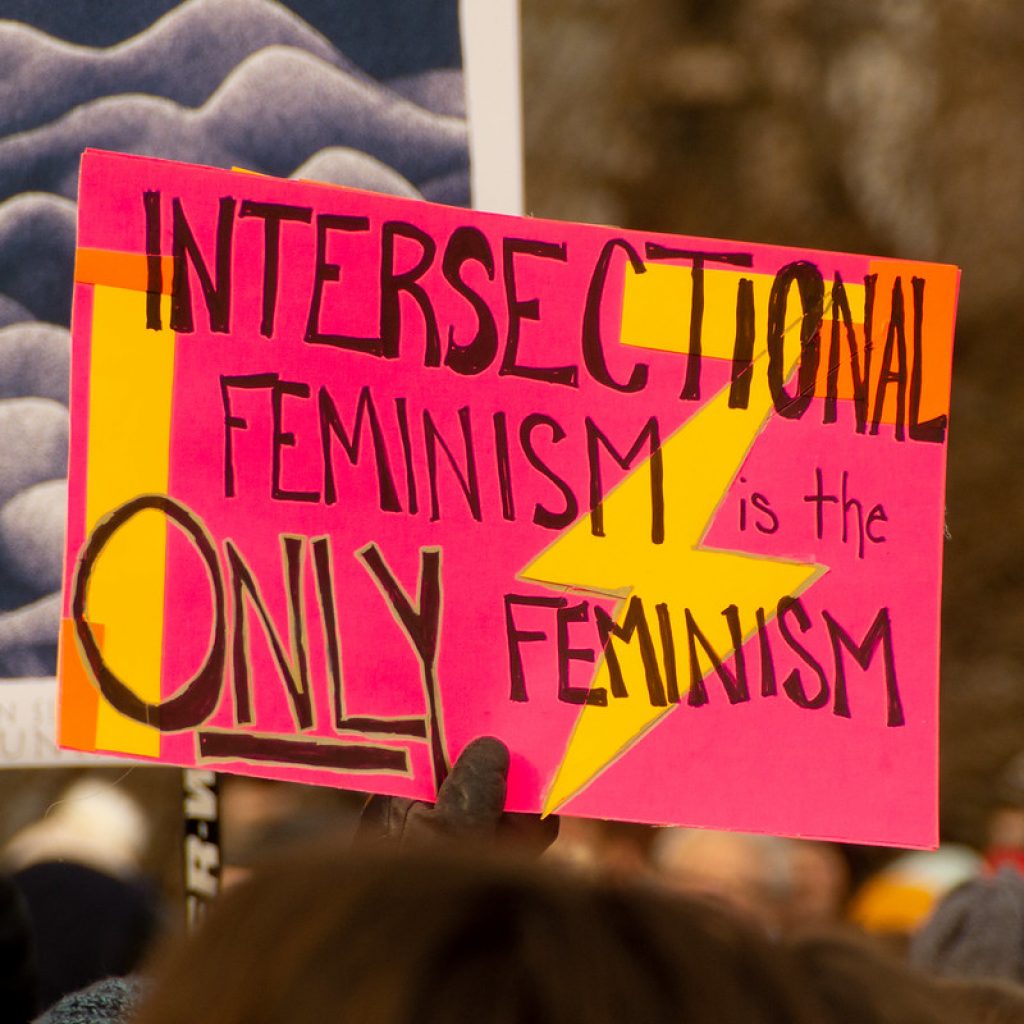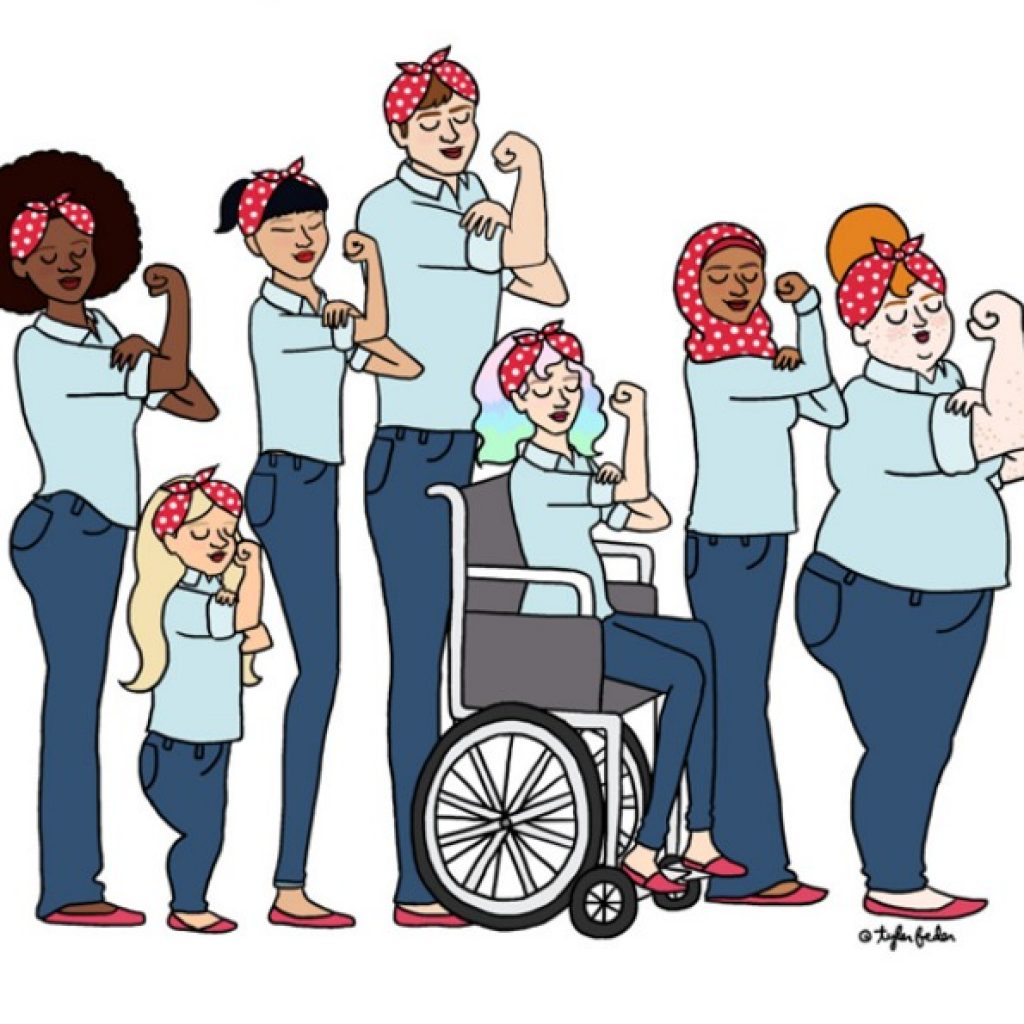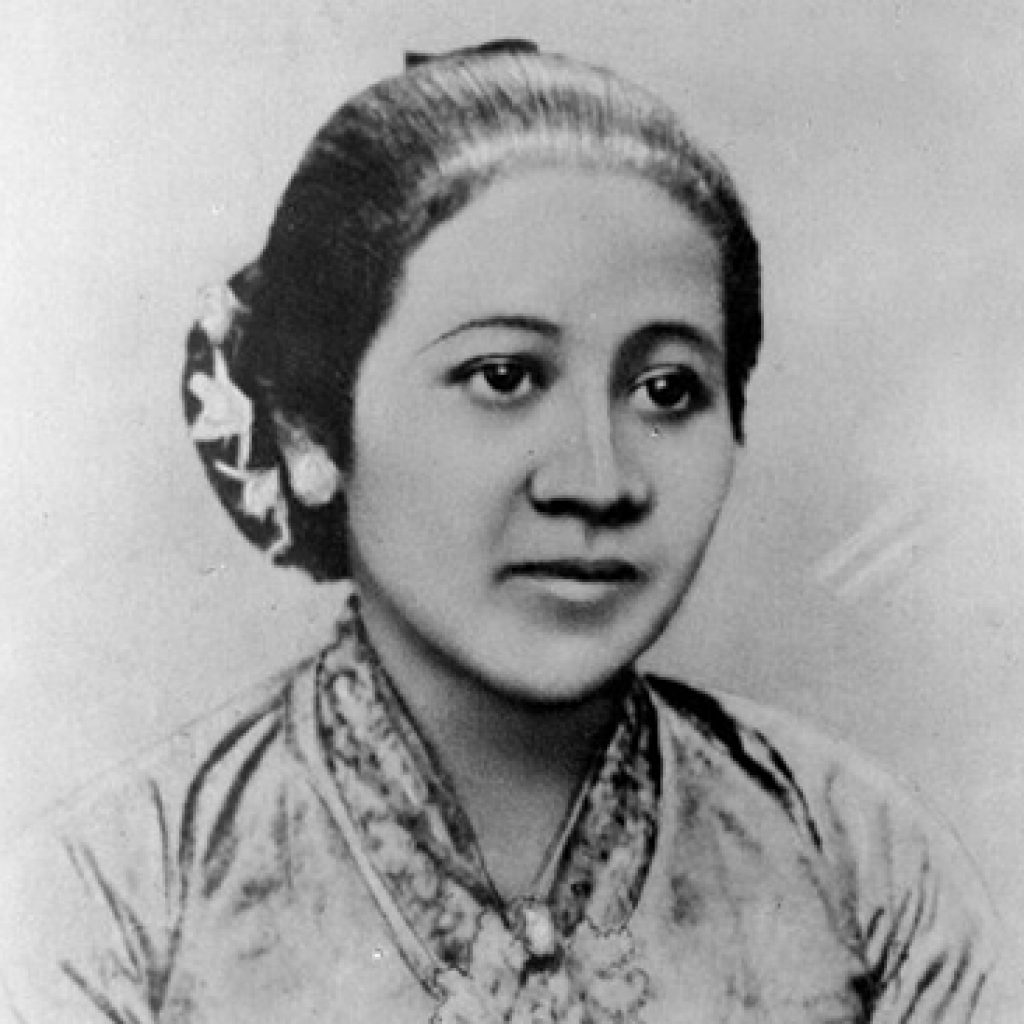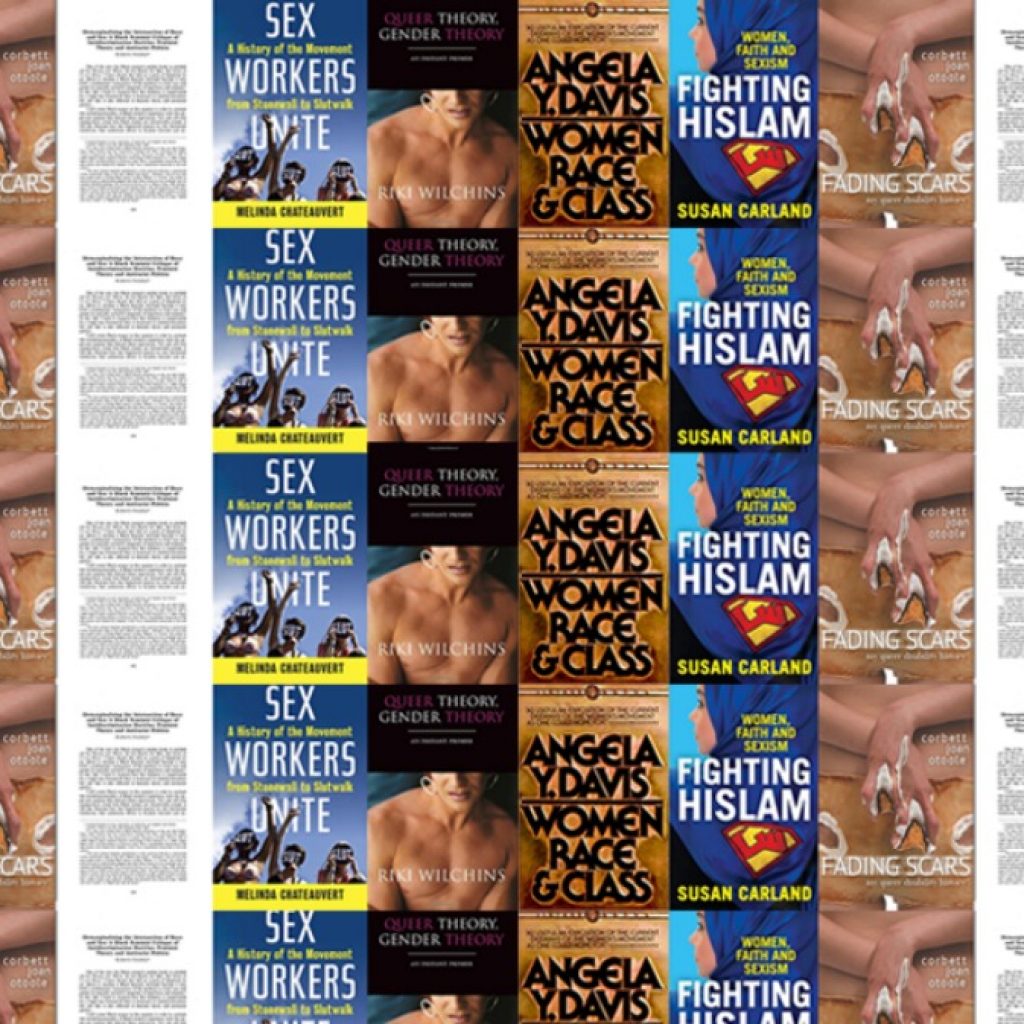
6 books to read to better understand intersectionality
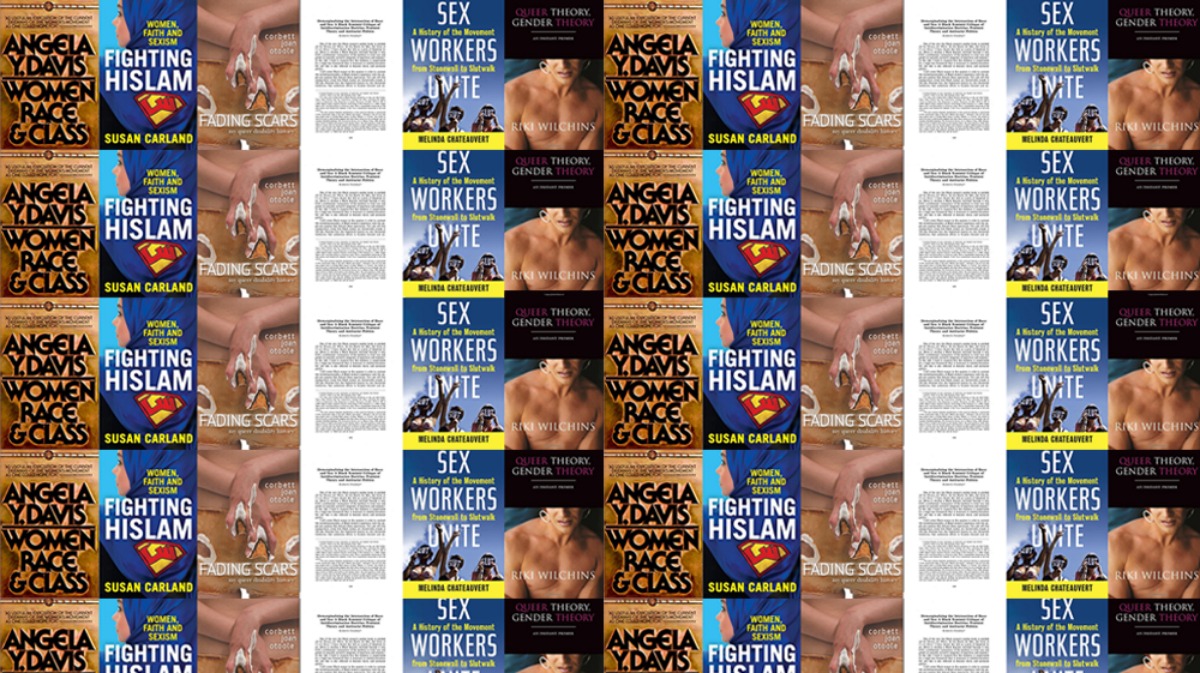
We all want to be as supportive of other women as we can – but unless you share a lived experience with another woman, it can sometimes be hard to fully comprehend the different levels of discrimination and inequality they may experience.
Like any intersectional feminist, you probably want to better understand the issues affecting diverse women and girls. You may feel the urge to ask the women in your life to share their experiences with you, and some may be happy to. But some may not – just think of how emotionally taxing it would be for the woman who had to expend the emotional labour to explain her lived experience to everyone who asked.
The good news? So many good women have already put pen to paper and shared their experiences for anyone to read. Here are some of our must-read intersectional novels.
Women, Race, and Class by Angela Y. Davis
Angela Davis is an icon of feminism for a reason. Her novel was one of the earliest to address the way that earlier feminist movements often excluded women of colour, and discusses why many black women felt they had to choose between women’s rights and civil rights. It’s an older book, but a great one to understand the historical significance of black feminism.
Fighting Hislam by Susan Carland
Dr Susan Carland is a lecturer in gender studies, politics and sociology at Monash University, and has a PhD discussing how Western Muslim women fight sexism within their own traditions and communities. She’s just turned her PhD into a novel, and her brilliant criticism of how feminism and Islam are perceived as opposing ideals will make you think about the way Muslim women can use their religion to further their rights.
Fading Scars: My Queer Disability History by Corbett Joan O’Toole
The frequent use of ableist language as colloquialisms (‘crazy’, ‘psycho’, ‘retarded’ etc.) highlights that disability activism is often overlooked within many progressive spaces. O’Toole talks about her own life as a queer woman with a disability, with humour, honesty and bravery. While the essays tell her story, they also shed light on the history of the movement, and where it fits into feminism as a whole.
Sex Workers Unite! A History of the Movement from Stonewall to Slutwalk by Melinda Chateauvert
Even amongst self-identified progressive feminists, sex work can be a topic of contention. Chateauvert’s novel tells the story of a movement of people who are passionate about ensuring sex work is seen as work, and acknowledging the trailblazers in their movement.
Queer Theory, Gender Theory: An Instant Primer by Riki Anne Wilchins
Equal parts memoir and analysis, Wilhins’ book covers the intermingling identities of LGBTQI and feminist politics, both on her life and the movements. It can be a bit theoretical, but you definitely don’t need to be a gender studies major to appreciate this book. The use of real-world examples and simple analogies makes it an excellent introduction to concepts of gender, sex and queer theory, and how they play into the mainstream feminist movement.
Demarginalizing the Intersection of Race and Sex: A Black Feminist Critique of Antidiscrimination Doctrine, Feminist Theory and Antiracist Politics by Kimberlé Crenshaw
No list on intersectionality would be complete without a feature on woman who coined the term. Crenshaw first used the phrase in 1989, and while not technically a book, her essay on the topic was revolutionary. It’s a little academic, but it’s the text that started it all, fairly short, and definitely worth the time.
This list is by no means exhaustive. We’ve got a stack of books on our bookshelves ready, and are always keen to read more. If you have that you love, we’ve love to hear about it – email online@iwda.org.au or leave it in the comments.



